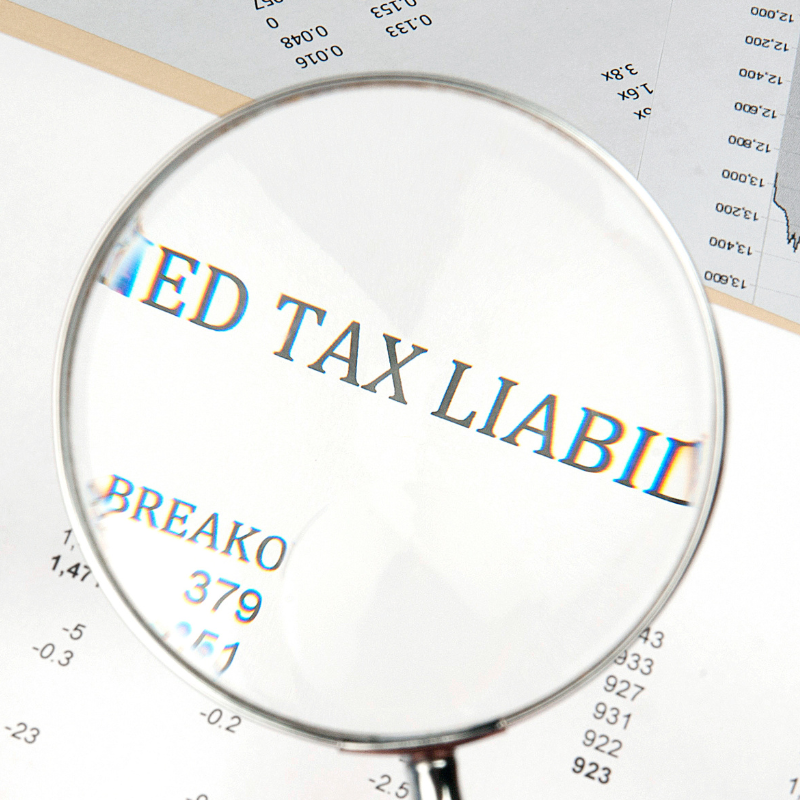The new beneficial ownership reporting regime under the Corporate Transparency Act took effect on January 1, 2024. Many small businesses are required to report information about their beneficial owners to the Financial Crimes Enforcement Network (FinCEN), a division of the US Treasury Department, as part of an effort to create a national database for use by national security and law enforcement agencies to prevent the use of shell companies for criminal activity.
Who Must File?
Both domestic and foreign reporting entities are required to file reports. This includes entities such as corporations (including S corporations), LLCs, and other entities that were required to file a document with a Secretary of State (SOS) or similar office to create or register the entity. It does not include sole proprietorships, trusts, or general partnerships unless they were required to file a formal formation document with a SOS.Foreign entities are required to file reports if they are registered with the SOS or similar office under state law.
Are Single-Member/Wholly-Owned LLCs Required to Report?
It depends. All Single Member LLCs (SMLLCs) owned by individuals are required to file reports unless they fall into one of the 23 exemptions from reporting. Wholly owned LLCs owned by other entities, such as other LLCs or corporations, are also required to file their own reports, unless they are owned by an entity that is itself exempt from reporting.
What Are the Exemptions From Reporting?
There are 23 total exemptions from reporting.The most common exemptions will likely be the ones for large operating companies. A large operating company is any entity with (a) more than 20 full-time US employees, (b) an operating presence at a physical office within the US, and (c) more than $5,000,000 of US-sourced gross receipts reported on its prior year federal income tax return (IRS Forms 1120, 1120-S or 1065 only). If an entity meets these qualifications, it is not subject to the new reporting requirements, and no filing is required. For a more detailed summary of the exemptions, see the “Small Entity Compliance Guide” or FAQs prepared by FinCEN.
Below is a complete list of exemptions:
| Exemption No. | Exemption Short Title |
| 1 | Securities reporting issuer |
| 2 | Governmental authority |
| 3 | Bank |
| 4 | Credit union |
| 5 | Depository institution holding company |
| 6 | Money services business |
| 7 | Broker or dealer in securities |
| 8 | Securities exchange or clearing agency |
| 9 | Other Exchange Act registered entity |
| 10 | Investment company or investment adviser |
| 11 | Venture capital fund adviser |
| 12 | Insurance company |
| 13 | State-licensed insurance producer |
| 14 | Commodity Exchange Act registered entity |
| 15 | Accounting firm |
| 16 | Public utility |
| 17 | Financial market utility |
| 18 | Pooled investment vehicle |
| 19 | Tax-exempt entity |
| 20 | Entity assisting a tax-exempt entity |
| 21 | Large operating company |
| 22 | Subsidiary of certain exempt entities |
| 23 | Inactive entity |
What Information Must Be Provided?
Beneficial ownership information (BOI) must be reported for the reporting entity’s beneficial owners and for entities formed or registered in 2024 or later – company applicants. BOI includes an individual’s full legal name, date of birth, street address, and an ID number from a non-expired US passport, state driver’s license, or other government-issued ID card. An image of the document showing the ID number also must be included with the report.
Who Are Beneficial Owners?
Two groups of individuals are considered beneficial owners of a reporting entity: (1) any individual who directly or indirectly owns or controls at least 25% of the ownership interests of the reporting entity; or (2) any individual who exercises substantial control over the reporting entity. Individuals with substantial control are those with substantial influence over important decisions about a reporting entity’s business, finances, and structure. Senior officers (president, CFO, general counsel, CEO, COO, and any other officer who performs a similar function) are automatically deemed to have substantial control, as are individuals with the authority to appoint or remove senior officers and board members. There is no requirement that these individuals have actual ownership in the company to be considered a beneficial owner for reporting purposes.
When Are Reports Due?
For reporting entities created or registered in 2023 or earlier, the initial report is due by January 1, 2025. For reporting entities created or registered in 2024, the initial report is due 90 days after the entity’s creation or registration. For reporting entities created or registered in 2025 or later, the initial report is due 30 days after the entity’s creation or registration.
If there is a change to previously reported information about the reporting entity or its beneficial owners, an updated report must be filed within 30 days of the change. The penalties for willfully failing to file both initial and updated reports are steep – $500 per day that the report is late, up to $10,000, and imprisonment for up to two years.
BOI reports must be filed electronically. FinCEN’s e-filing portal provides two methods to submit a report: (1) by filling out a web-based version of the form and submitting it online, or (2) by uploading a completed PDF version of the BOI report. There is no fee to file the report, but there are third-party service providers that offer for a fee reporting through a software filing solution. The person who submits the BOI report will need to provide their name and email address to FinCEN.
Contact Us
Please reach out to Withum’s Tax Services Team if you have any questions about these new reporting rules and how they affect your business.





